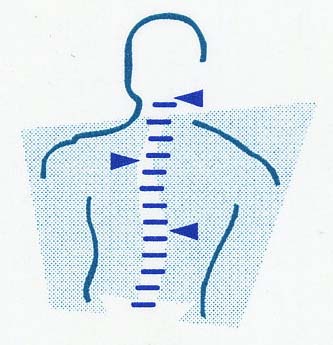 By: Karina Gonzalez
By: Karina Gonzalez
Commercial plans continue their audit activity in 2016 demanding many changes and adjustments yet giving little in return. The 2015 audits have not been completed for the majority of substance abuse providers in South Florida, yet the commercial plans have arbitrarily stopped paying new claims even though it takes them at least 6 months to complete a post payment audit. If and when a provider finally gets an audit result, payors are imposing requirements that just are impossible to meet.
Payors do not appear to be paying attention to the public health crisis of substance abuse addiction and the ever growing need for treatment. The assumption is being made by the payors that all providers in this space are over utilizing services and engaged in fraudulent practices, despite the reality that many providers are doing just the contrary. Continue reading

 By:
By: 









